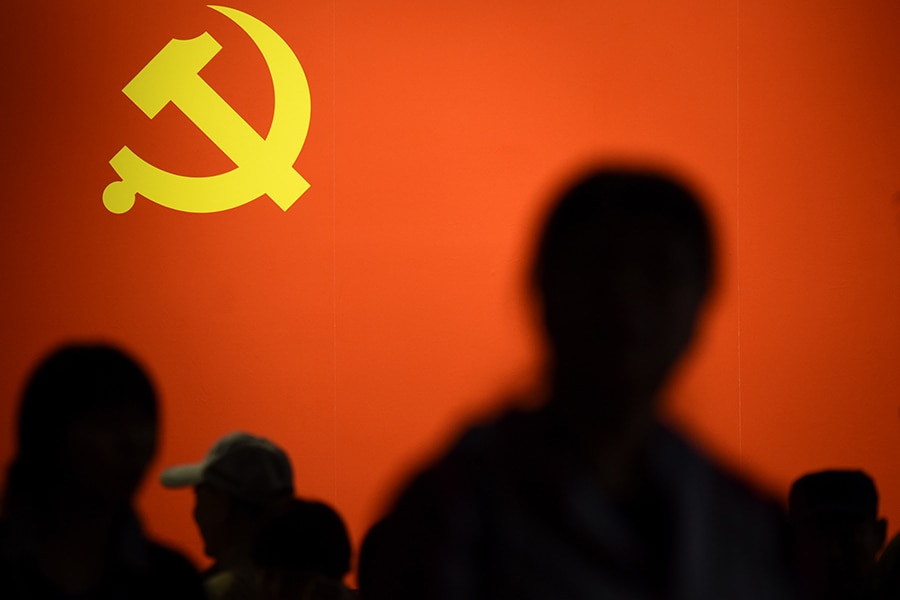
What comes after the war on terrorism? War on China?
For the past five years, the United States and China have been stumbling down a path of de-integration and maybe toward outright confrontation
 Image: Wang Zhao/AFP via Getty Images
Image: Wang Zhao/AFP via Getty Images
The U.S. withdrawal from Afghanistan after a failed 20-year nation-building exercise has left many Americans and analysts saying, “If only we knew back then what we know now, we would have never gone down that path.’’ I am not sure that’s true, but it nevertheless raises this question: What are we doing today in foreign policy that we might look back 20 years from now and say, “If only we knew back then what we know now, we would never have gone down that path’’?
My answer can be summed up in one word: China.
And my fears can be summed up in just a few paragraphs: The 40 years from 1979 to 2019 were an epoch in U.S.-China relations. There were many ups and downs, but all in all it was an epoch of steady economic integration between our two countries.
The depth of that U.S.-China integration helped to fuel a much deeper globalization of the world economy and buttress four decades of relative peace between the world’s two great powers. And always remember, it’s great-power conflicts that give us enormously destabilizing world wars.
That era of U.S.-China globalization left some U.S. manufacturing workers unemployed, while opening huge new export markets for others. It lifted out of poverty hundreds of millions of people in China, India and East Asia, while making many products much more affordable to more American consumers.
©2019 New York Times News Service







